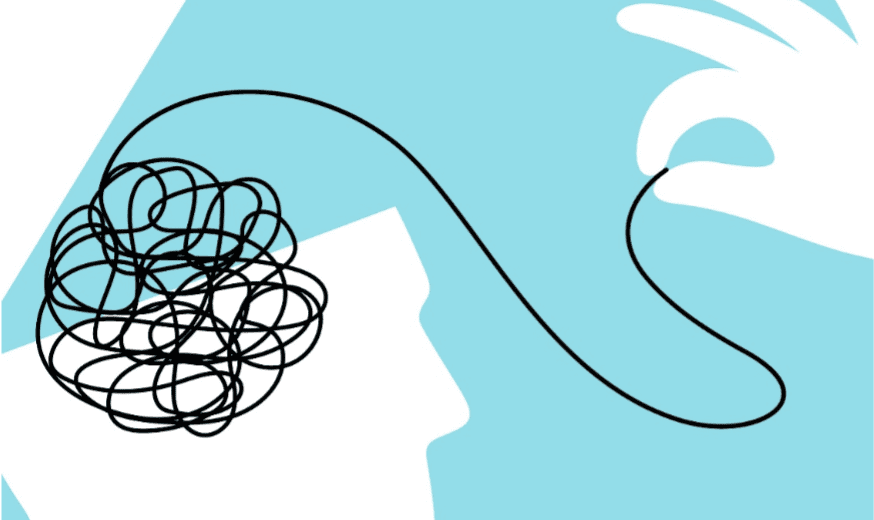Of all the mood disorders, the least understood and the most stigmatized may be Bipolar Disorder. Manic depression, as it used to be called, is tricky to diagnose and difficult to effectively treat. Patients with bipolar disorder may have dramatic and rapidly shifting moods, swinging from euphoric, daring and frenetic to sad, anxious and unable to get out of bed over mere hours, months, or even years. The diagnosis can be difficult to make as patients and practitioners can be confused by the presentation of the depression or the mania separately, and some people may have no symptoms for many months between episodes.
Like riding a roller-coaster you didn’t choose to get on, patients often feel out of control of their moods and unable to stabilize themselves. Although some patients can enjoy the manic state even as they spend their life’s savings and find personal relationships challenged, it is usually closely followed by the darkest depths of despair. Sometimes patients will even say it’s as if they have two separate lives. In some cases, the mania is severe enough to cause a temporary break from reality, which is called psychosis.
Bipolar disorder is most likely genetic although it can sometimes be brought on or worsened by drug use, by medications or by medical problems such as Multiple Sclerosis. Although it is a challenging clinical diagnosis it is often diagnosed in people in their early 20’s and the symptoms and patterns can change as people age.
Bipolar disorder is often shown in the media and broadly stigmatized for the seemingly irresponsible and reckless behavior of someone in the middle of a manic episode or the equally confounding throes of a sudden deep depression. These mood changes can cause poor judgment, difficulty thinking clearly, and they can severely affect a person’s relationships and career. This may make for good TV, but it does not make for a satisfying and comfortable life. In fact, suicidal ideation is common in Bipolar Disorder, as are drug and alcohol abuse, eating disorders, ADHD, and anxiety disorders.
Many of the first line medications for depression can induce mania or simply not work in Bipolar Disorder. But, there is hope. Many treatments can alleviate or prevent the mood swings:
- Cognitive Behavioral Therapy (CBT)
- Mood stabilizers
- Anticonvulsants
- Second-generation antipsychotics
These have shown effectiveness in treating the depression symptoms without inducing a manic episode.
Ketamine has also been shown to be very effective in treating the deep depression and paralyzing anxiety without inducing a manic episode. Ketamine works well with therapy and with other medication interventions. Ketamine infusions, like those at Lone Star Infusion, have been shown to dramatically and rapidly reduce suicidal ideation. We have many patients who have been able to stabilize for years at a time – to get their lives back on track!
An Important Disclaimer: The information in this and other blog posts represents our informed opinion or the opinion of others, and does not constitute medical advice and should not be relied upon to make decisions regarding medical care. To address the specific details of your medical conditions and treatments please speak with your doctors.



